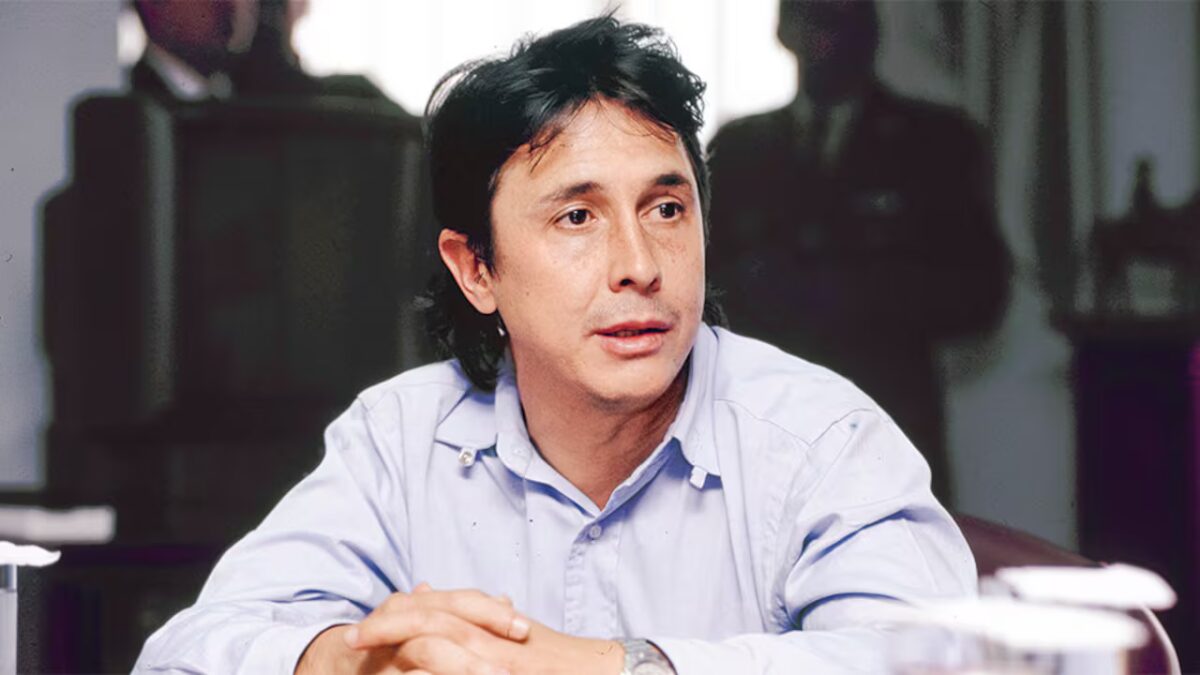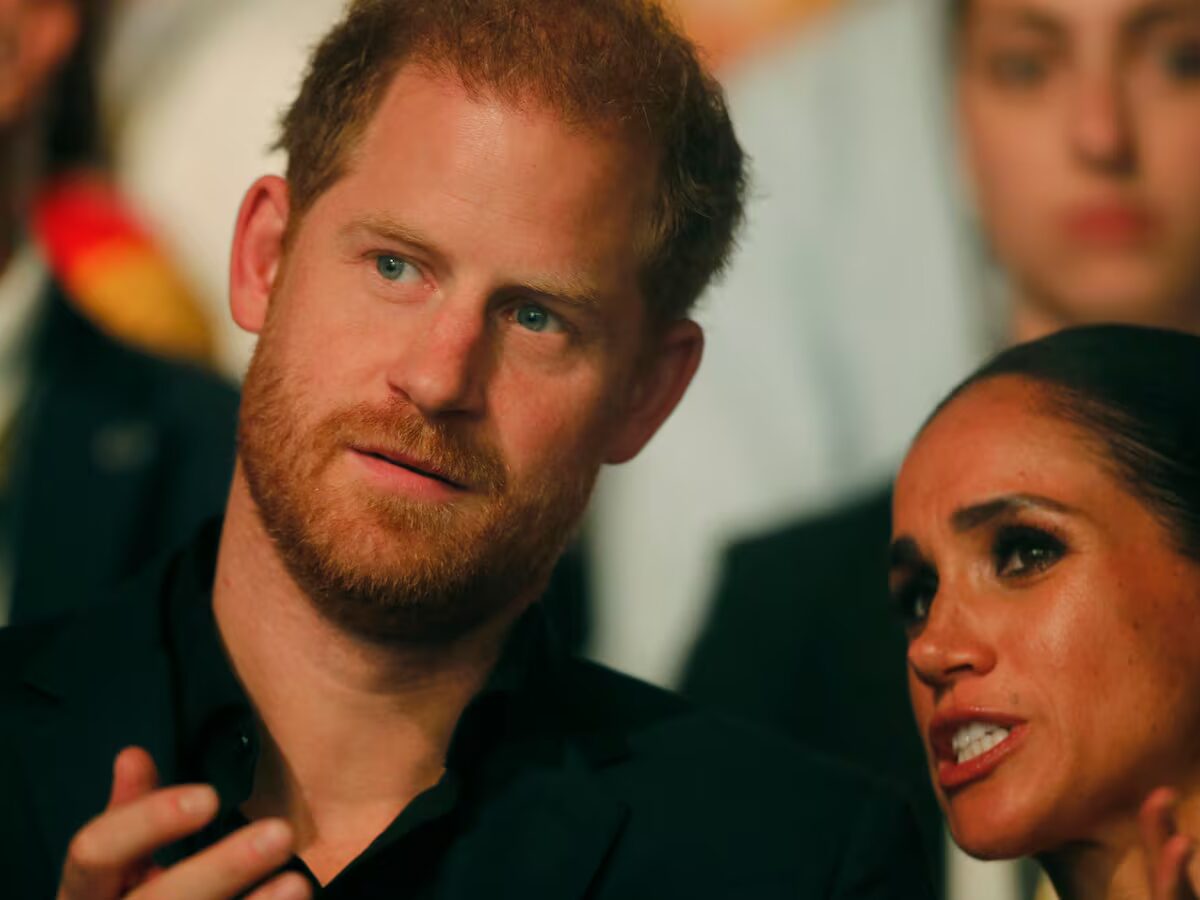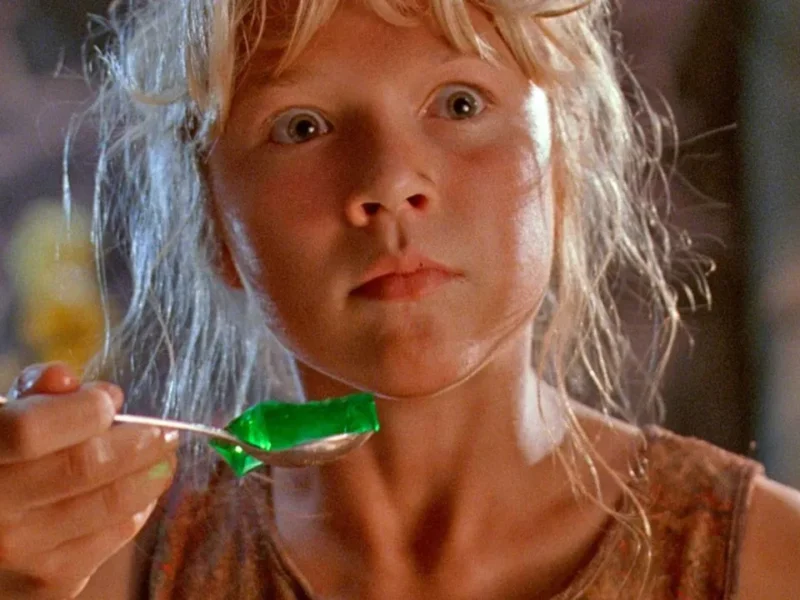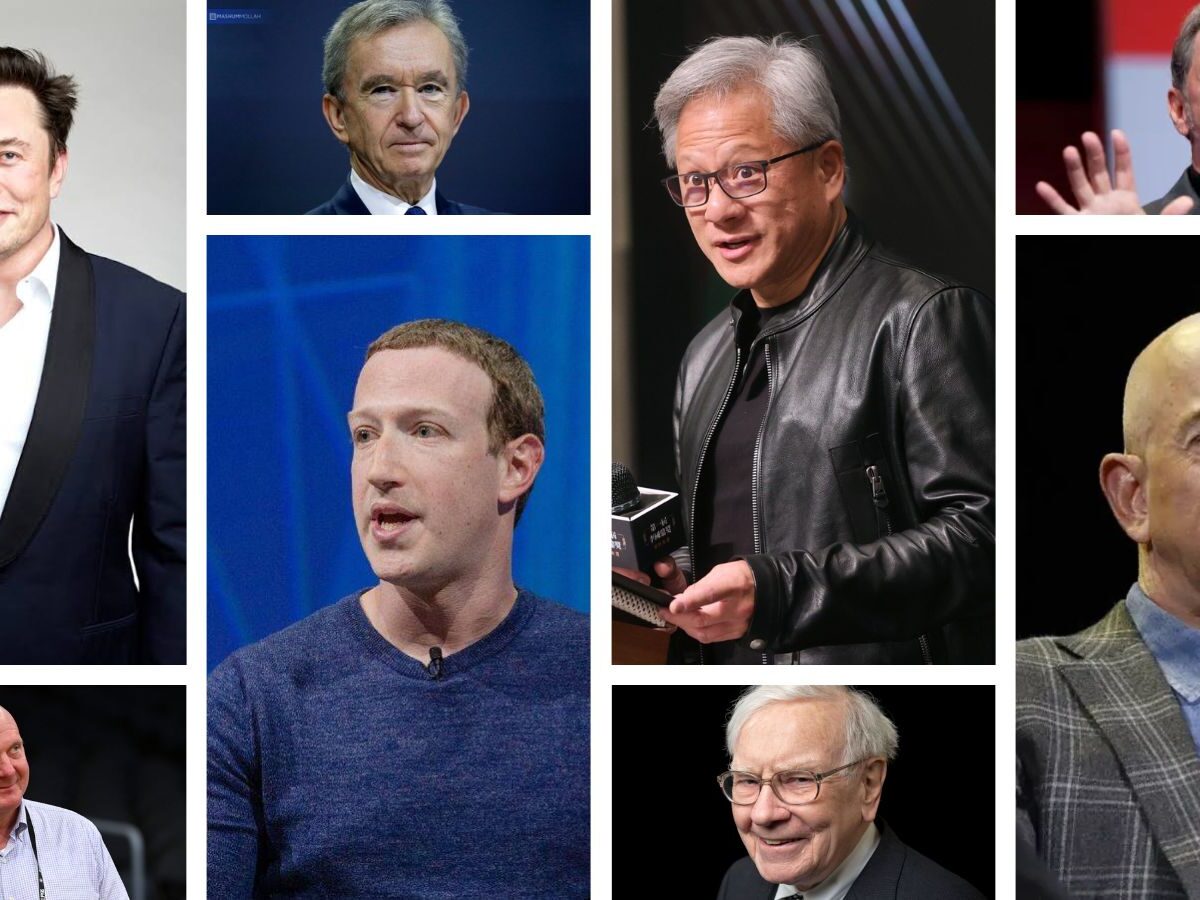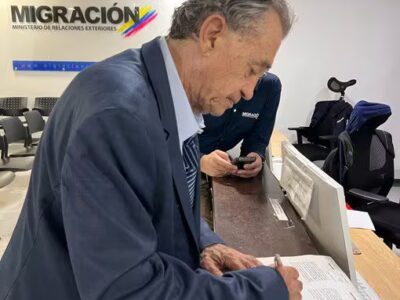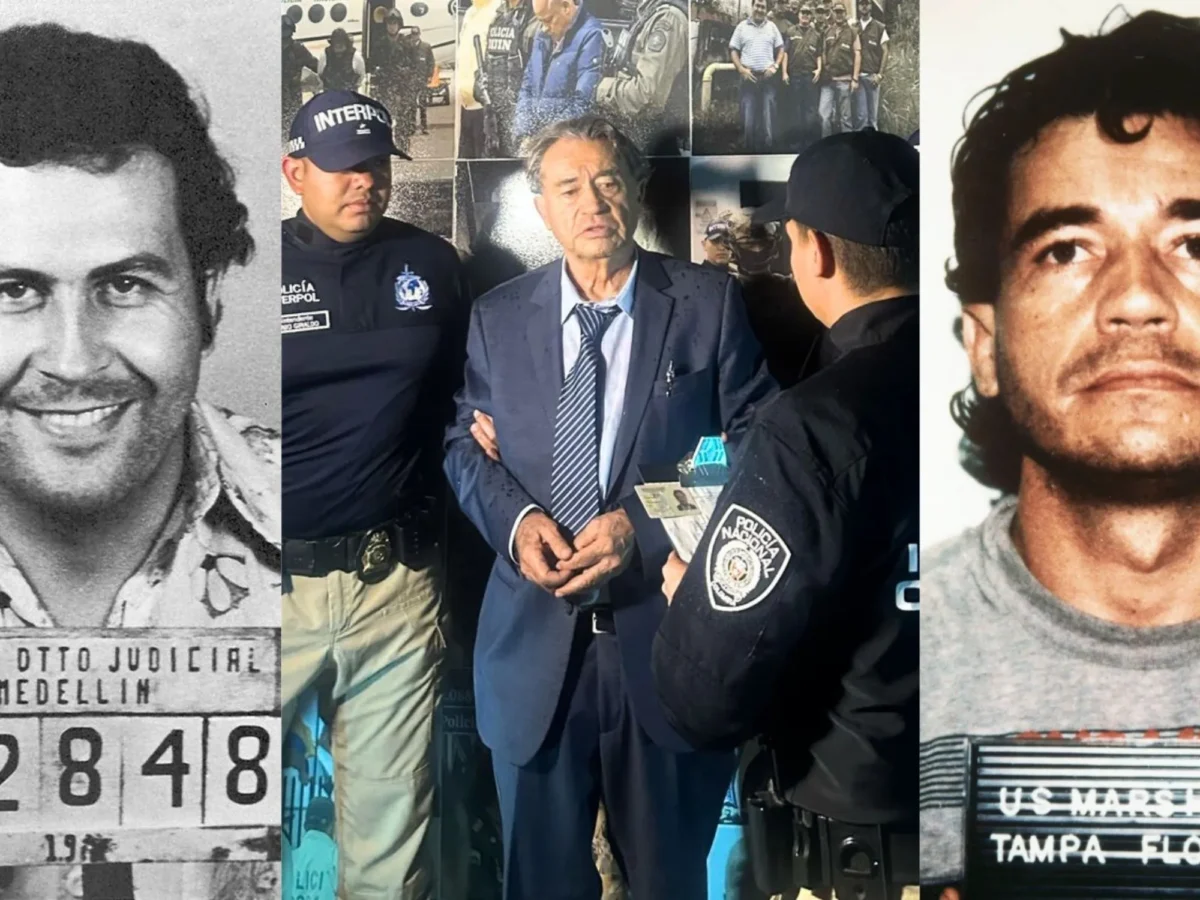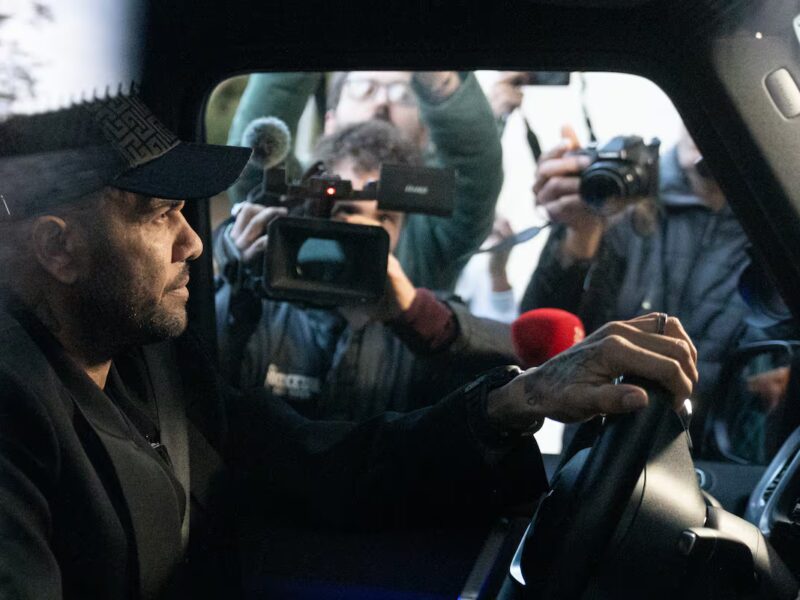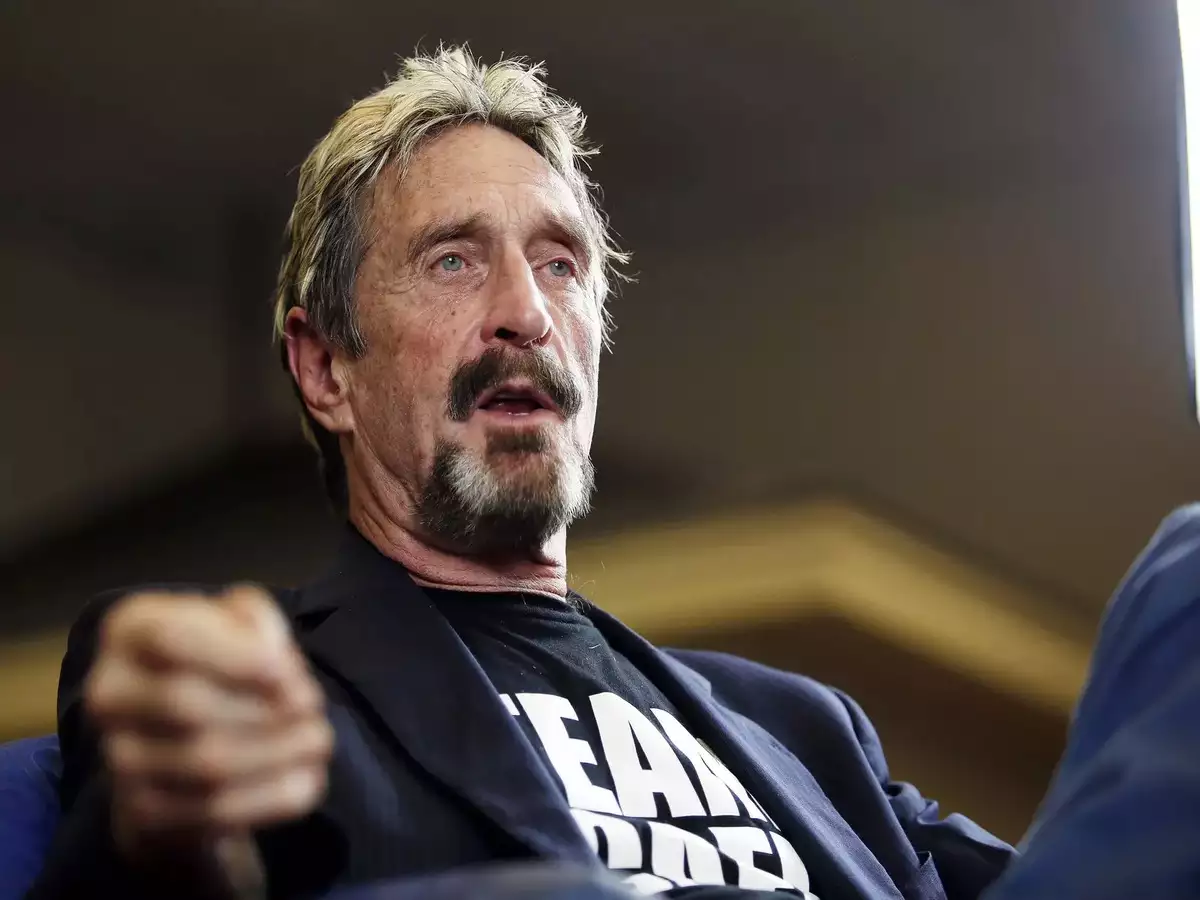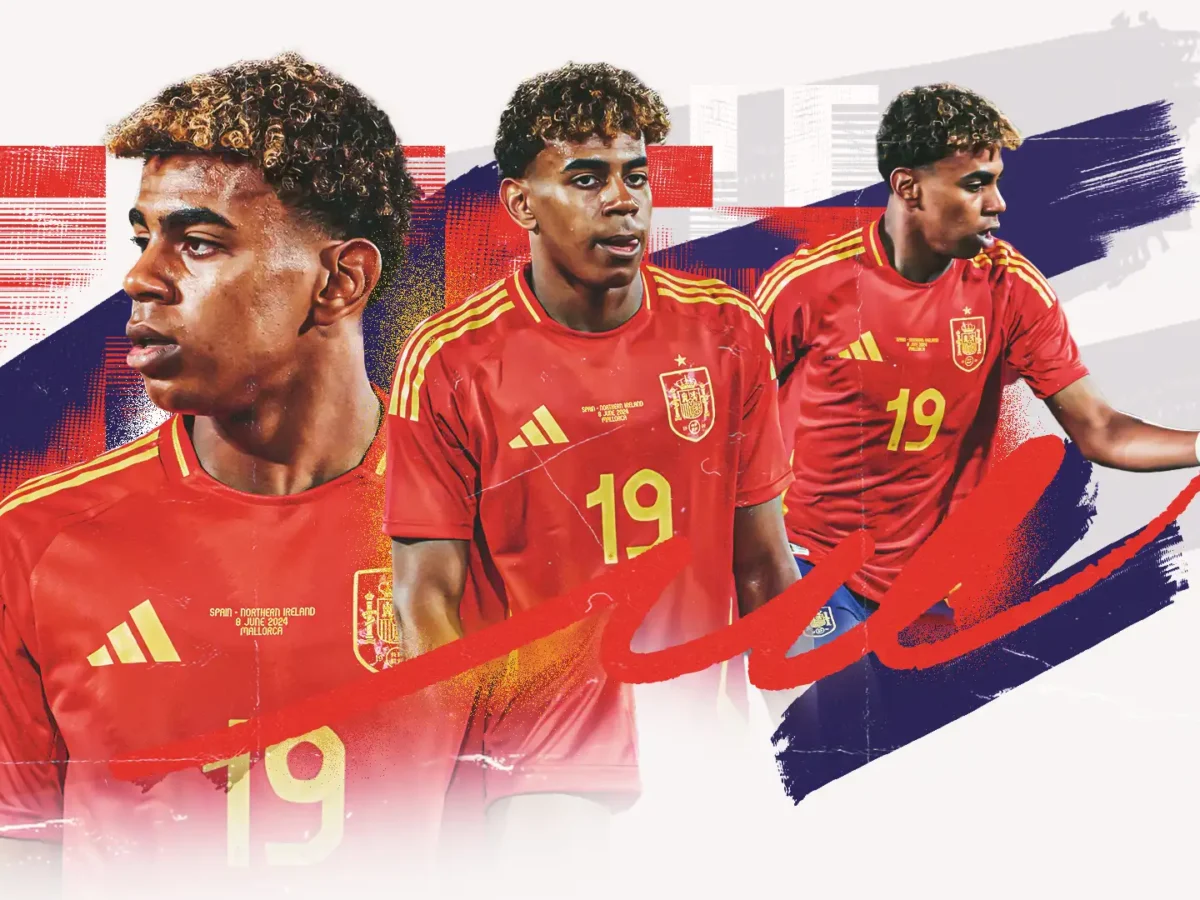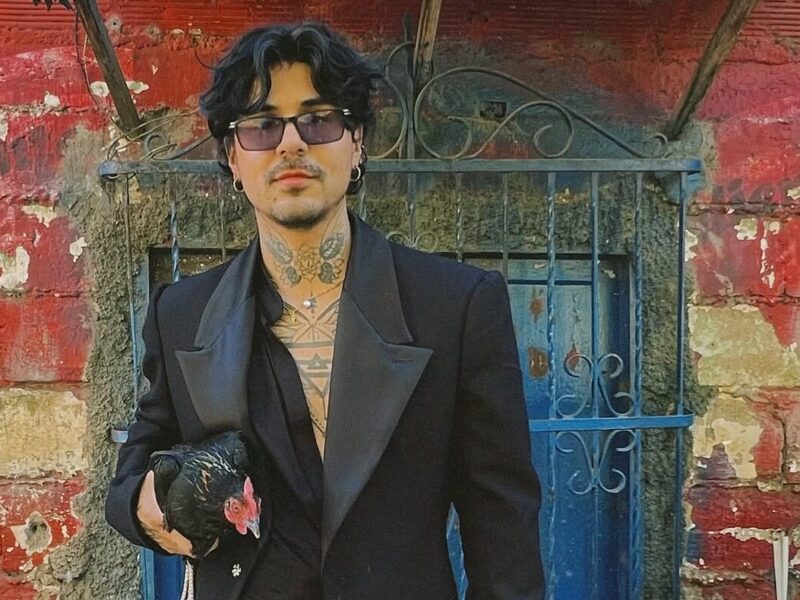Fabio Ochoa Vásquez, a key figure of the Medellín Cartel, has completed a three-decade-long prison sentence in the United States. His name, once synonymous with the violent and lucrative drug trade of the 1980s and 1990s, has resurfaced as he prepares to return to Colombia. Ochoa, 67, was once a close associate of the infamous Pablo Escobar. As part of the Medellín Cartel, he played a critical role in its operations during its peak. Arrested initially in Colombia, Ochoa turned himself in during President César Gaviria’s term as part of a program aimed at encouraging high-profile criminals to surrender. This decision led to his imprisonment in Colombia, where he served six years before his release in 1996. However, his criminal past caught up with him, and by 1999, he was rearrested under accusations of continuing involvement in the cocaine trade.
The turn of the millennium marked a significant change in Ochoa’s life. In 2001, he was extradited to the United States following the authorization of then-Colombian President Andrés Pastrana. Facing charges in a federal court in Florida, Ochoa was convicted of drug trafficking and sentenced to 30 years in prison. Throughout his incarceration, he maintained a low profile and demonstrated good behavior, which ultimately earned him a 15% reduction in his sentence. His release has reignited discussions about the lasting impact of the Medellín Cartel’s legacy and its key players. His attorney, Richard Klugh, confirmed the completion of his sentence, marking the end of an era for one of Colombia’s most notorious figures. Before his release, Ochoa was transferred from a federal prison in Georgia to a lower-security facility in Michigan, reflecting his compliance during detention.
The timing of Ochoa’s return to Colombia is steeped in symbolism. He reportedly arrived on December 2, coinciding with the anniversary of Pablo Escobar’s death. His homecoming stirs memories of a tumultuous period in Colombian history when the Medellín Cartel reigned supreme, leaving an indelible mark on the nation’s social and political landscape. While his future remains uncertain, his story raises questions about the reintegration of figures like Ochoa into Colombian society. Despite serving his sentence, Ochoa’s return comes with a shadow of his past. For many Colombians, the scars left by the cartel’s reign of terror have yet to heal, and Ochoa’s presence might rekindle painful memories.
You may read: Sofia Vergara Transforms into Colombian Drug Cartel Leader Griselda Blanco for Netflix Series
As Ochoa steps into a new chapter of his life, one cannot help but ponder the road ahead for the former cartel leader. Will he seek redemption and live a life away from the public eye, or will his past continue to define him? The answers remain to be seen, but his journey serves as a stark reminder of the enduring complexities surrounding Colombia’s history with narcotrafficking.

